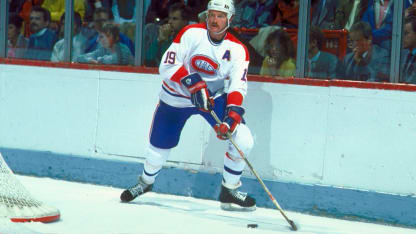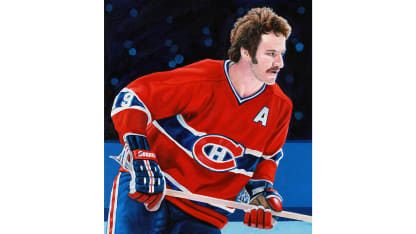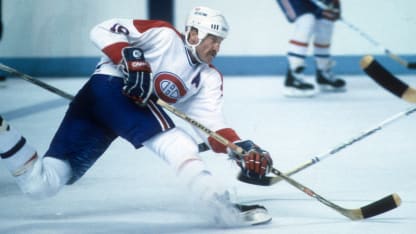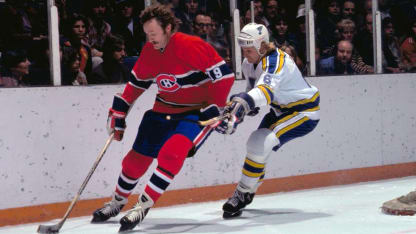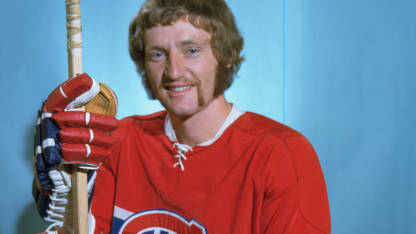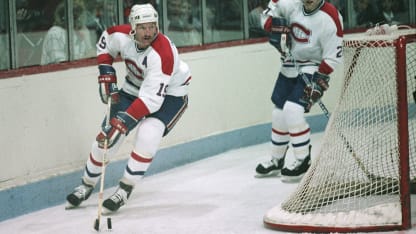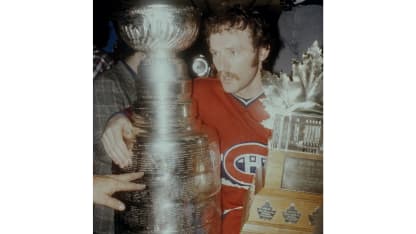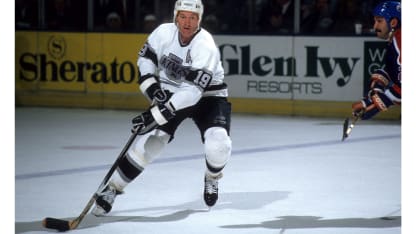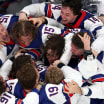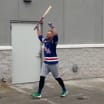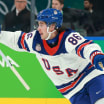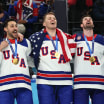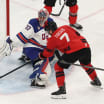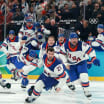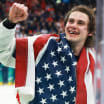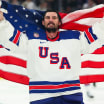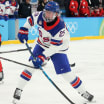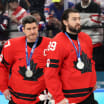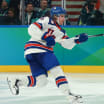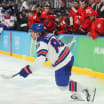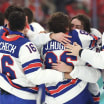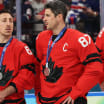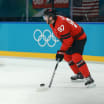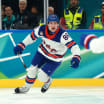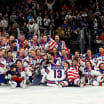For his part, Robinson said it was Savard who made it easy for him, covering up for his mistakes, a defensive rock whose steadiness freed Robinson to push the attack.
"He was a tremendous help to me," Robinson said. "... He told me just to go and he'd stay back. That's how it went for all those years we won the Cup."
Robinson had a 17-year run with the Canadiens, winning the Norris Trophy twice as the League's top defenseman, along with the six Stanley Cup championships. He finished his career with the Los Angeles Kings, a move he later regretted. Robinson had 19 goals and 85 points in his best season, 1976-77, when he was also a ludicrous plus-120. For his career, Robinson had 208 goals and 750 assists, but was most proud of his plus-730 rating. He was inducted into the Hockey Hall of Fame in 1995, nearly a quarter-century after he got the call-up to the Canadiens and got the sage advice from his coach in Nova Scotia, Al MacNeil.
"If you're ever going to play in a place that's going to help your career, it's Montreal," Robinson said. "They didn't settle for second best. It's either going to make you or break you. It broke quite a few but it also made a lot of great hockey players over the years, and I was fortunate enough to be one of them. The people there treated me just unbelievably. There's no other place I would rather have played."
For more, see all 100 Greatest Players
